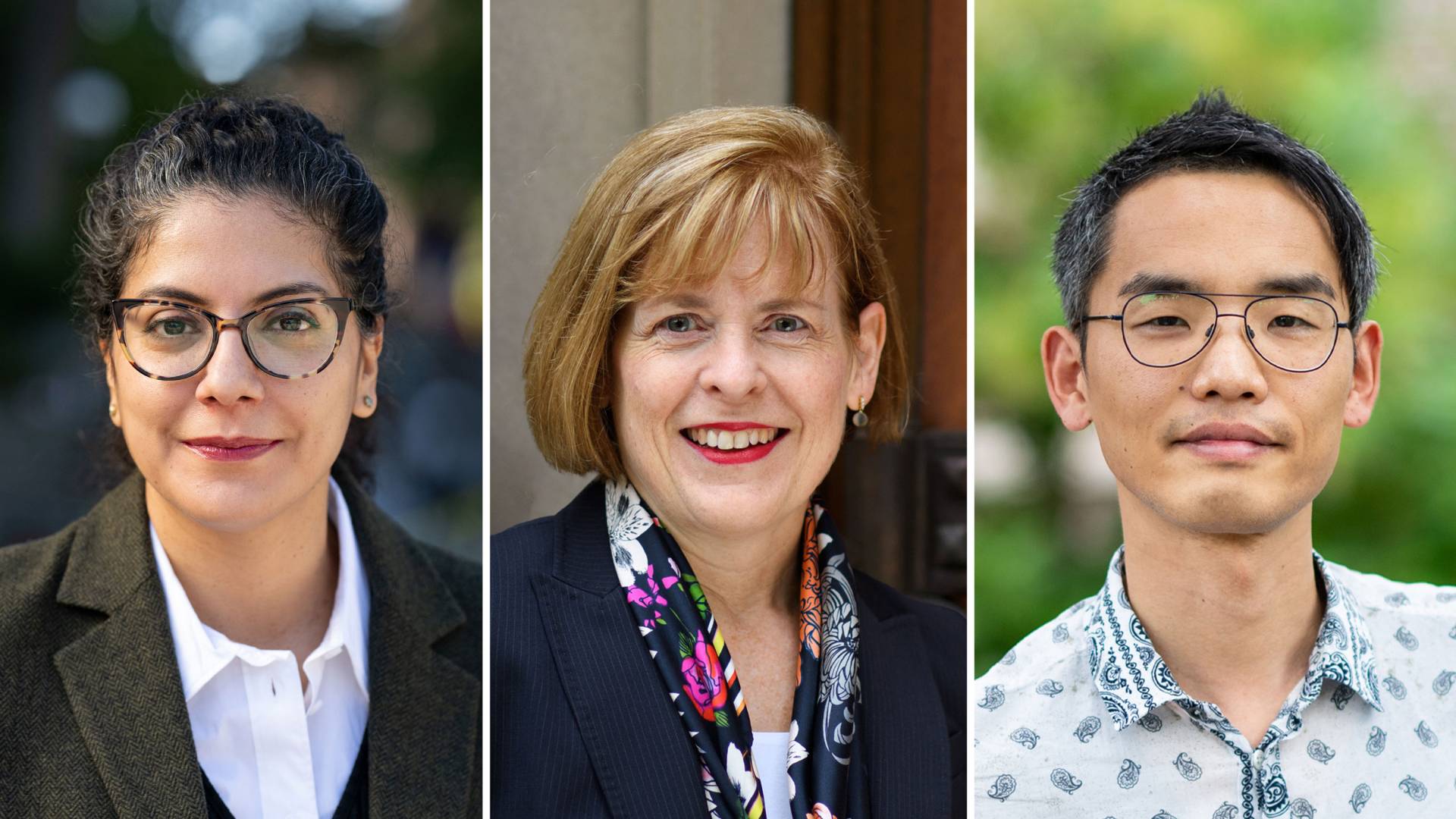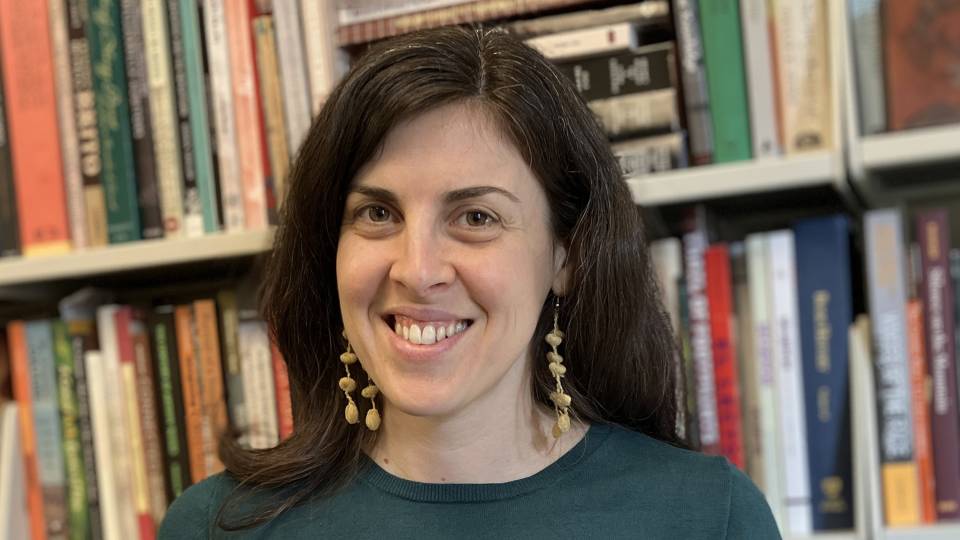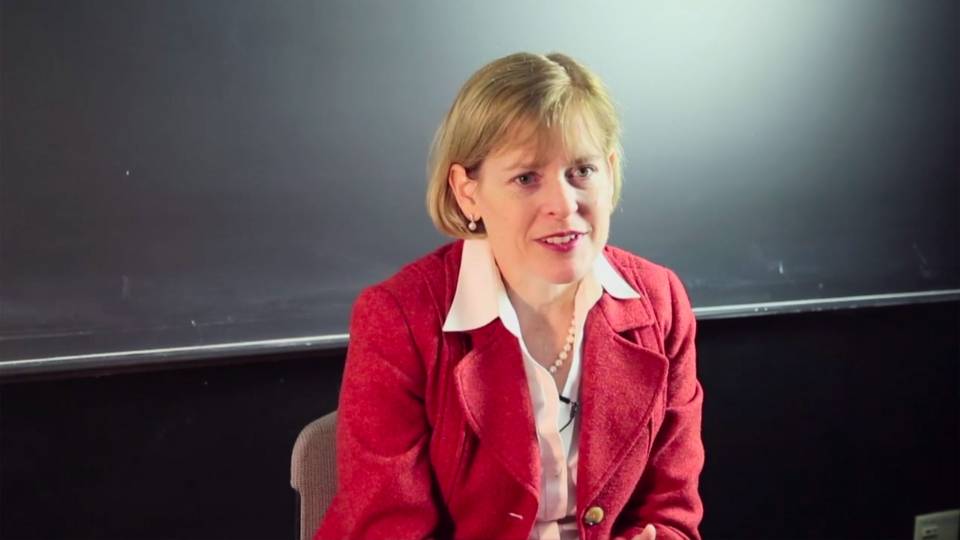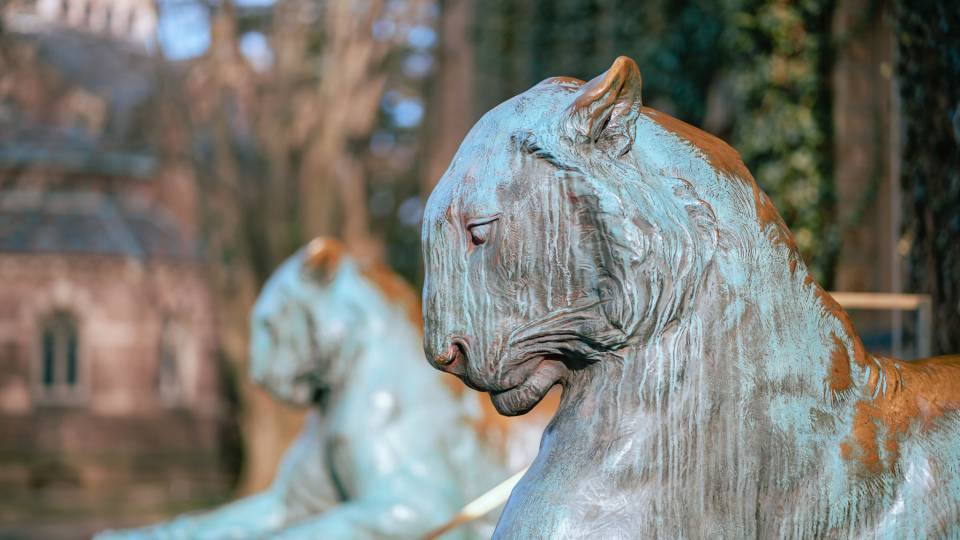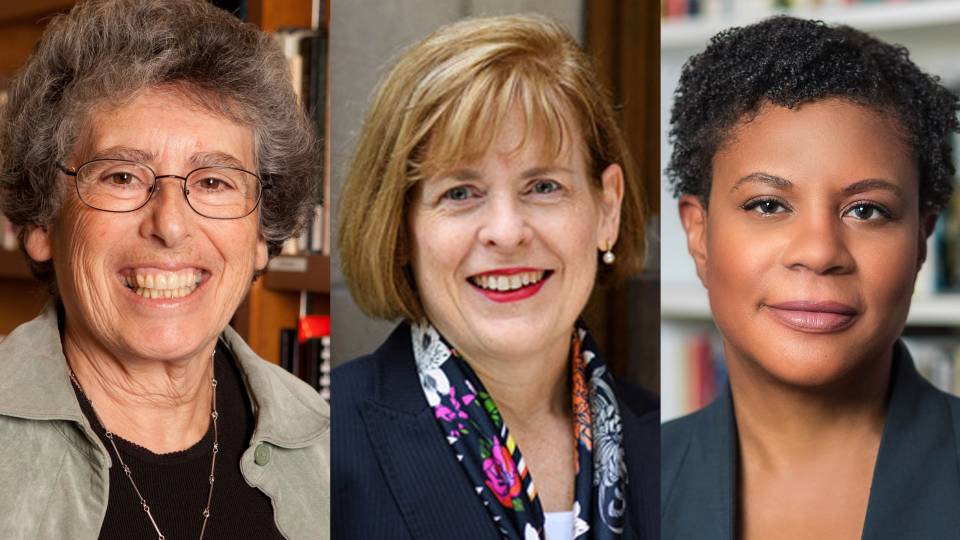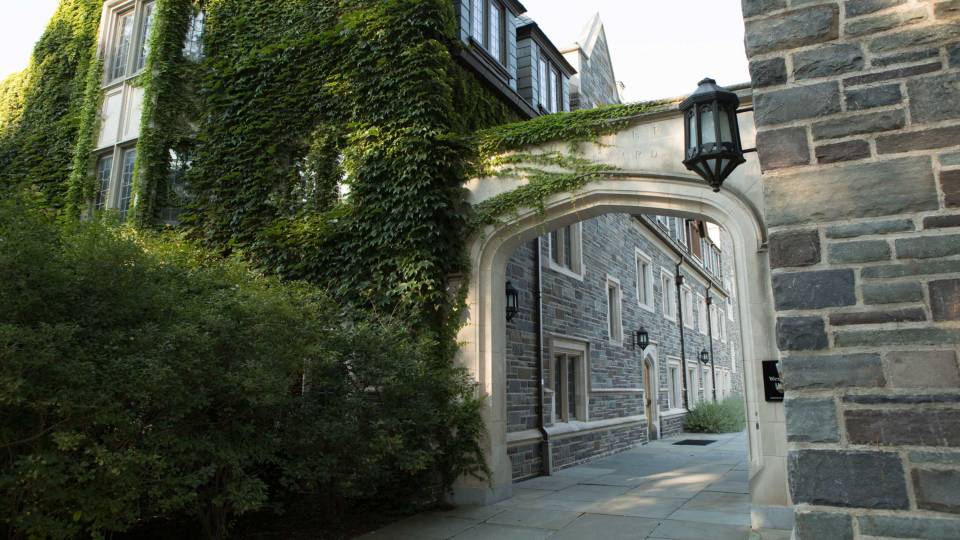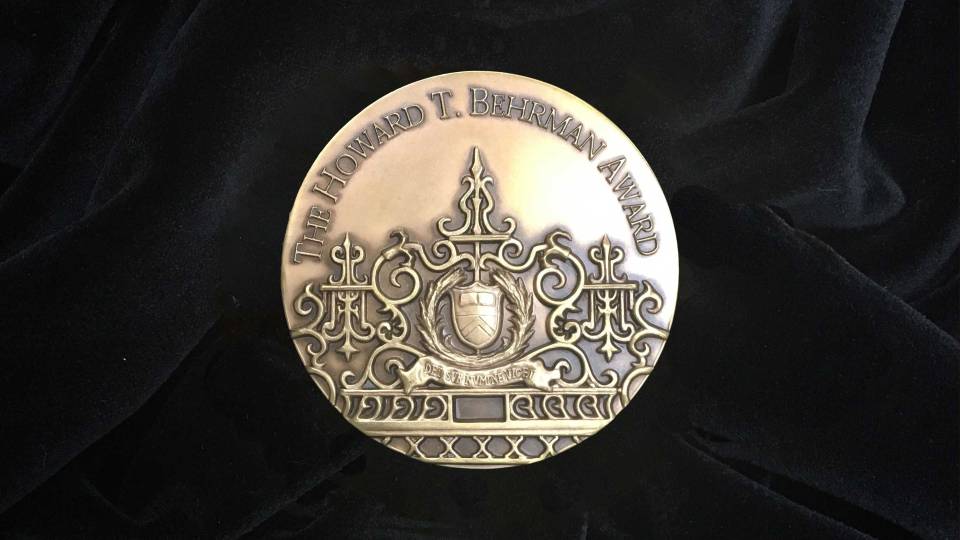Monica Bravo (left), Angela Creager and Ryo Morimoto
Monica Bravo, assistant professor of art and archaeology, Angela Creager, the Thomas M. Siebel Professor in the History of Science and professor of history, and Ryo Morimoto, assistant professor of anthropology, have received grants from the National Endowment for the Humanities (NEH) in a round of awards to humanities projects nationwide.
Their grant awards are among 260 supporting “exemplary humanities projects undertaken by scholars, higher education institutions and organizations of every size,” said NEH Chair Shelly C. Lowe in a press statement announcing the winners.
Bravo received a $60,000 grant for research and writing her second book, “Silver Pacific: A Material History of Photography and Its Mineral, 1840-1890.” Her first book, “Greater American Camera: Making Modernism in Mexico,” was published in 2021.
She joined the faculty in fall 2023 and specializes in the history of photography and art history.
This spring she is teaching the undergraduate courses “Mexican Modernism” and “Re-Reading American Photographs.”
Creager received a $60,000 grant for research and writing a book, “Environment, Mutation, Cancer: A History of the Ames Test."
She joined the Princeton faculty in 1994 and is the chair of the Department of History. Her scholarship focuses on the history of 20th-century biomedical research. She is the author of “The Life of a Virus: Tobacco Mosaic Virus as an Experimental Model, 1930-1965” (2002) and “Life Atomic: A History of Radioisotopes in Science and Medicine” (2013), and co-author of “Residues: Thinking Through Chemical Environments” (2022).
In 1998 she received the President’s Award for Excellence in Teaching. Creager teaches undergraduate and graduate-level courses on the history of science, the history of biology, and the legacy of the atomic bomb in postwar science, technology, politics and culture. This spring she is teaching the undergraduate course “History of Biology.”
Morimoto received a $60,000 grant for researching and writing his second book, “Disasters, Crises and Robot Development in Japan and the U.S.” His first book, “Nuclear Ghost: Atomic Livelihoods in Fukushima’s Gray Zone” was published in April 2023.
Morimoto joined Princeton in 2018. He studies anthropology with a focus on nuclear history, culture and memory.
This spring he is teaching the undergraduate courses “Robots in Human Ecology: A Hands-on Course for Anthropologists, Engineers and Policymakers,” crosslisted in anthropology, mechanical and aerospace engineering, and the School of Public and International Affairs; and “Nuclear Things and Toxic Colonization,” crosslisted in anthropology and environmental studies.
